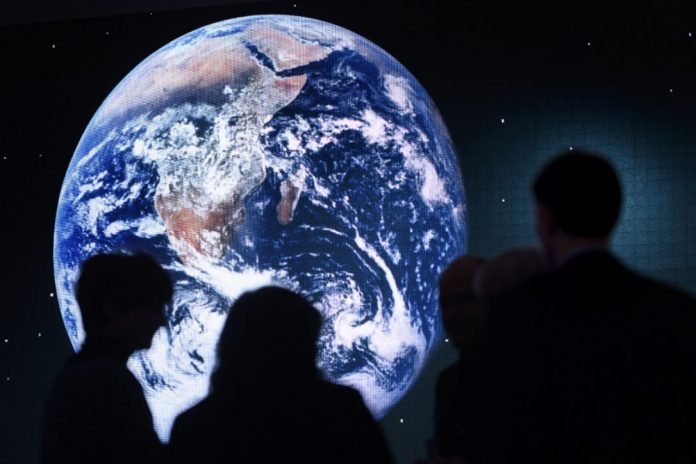More than 15,000 scientists from 184 countries have issued a warning: Mankind must take immediate action to reverse the effects of climate change, deforestation and species extinction before it’s too late.
It is actually an update of a letter sent out by a group of scientists titled “World Scientists’ Warning to Humanity” in 1992, in which 1,700 scientists, including most scientific Nobel laureates alive at the time, stated what they considered the biggest threats to the planet and, by extension, to us. This update 25 years later regarding how we have progressed is, needless to say, not encouraging.
“With the exception of stabilizing the stratospheric ozone layer,” the authors wrote in this updated correspondence, “humanity has failed to make sufficient progress in generally solving these foreseen environmental challenges,” adding rather worryingly that “alarmingly, most of them are getting far worse.”
This “second notice” has now been signed by some 15,000 scientists from 184 different countries. It looks back at the warnings issued by the first letter, and checks on how we have been faring.
In 1992, concerns were expressed about “ozone depletion, freshwater availability, marine life depletion, ocean dead zones, forest loss, biodiversity destruction, climate change, and continued human population growth.” Now, 25 years later, every single measure has gotten worse, bar the ozone layer.
Over this time, human numbers have increased by 2 billion, or 35 percent. Close to 121 million hectares (300 million acres) of forest have been cut down, while the number of ocean dead zones has increased by 75 percent, and the amount of fresh water available per person has decreased by 26 percent.
But the researchers note that we shouldn’t wallow in despair. The fact that we have managed to solve the ozone crisis by acting decisively and collectively goes to show that these kinds of agreements and global action are within reach. We simply need to buckle down and get on with it, increasing pressure on governments and industry to tackle the most pressing issues head-on.
“As most political leaders respond to pressure, scientists, media influencers, and lay citizens must insist that their governments take immediate action as a moral imperative to current and future generations of human and other life,” they wrote.
“With a groundswell of organized grassroots efforts, dogged opposition can be overcome and political leaders compelled to do the right thing.”















